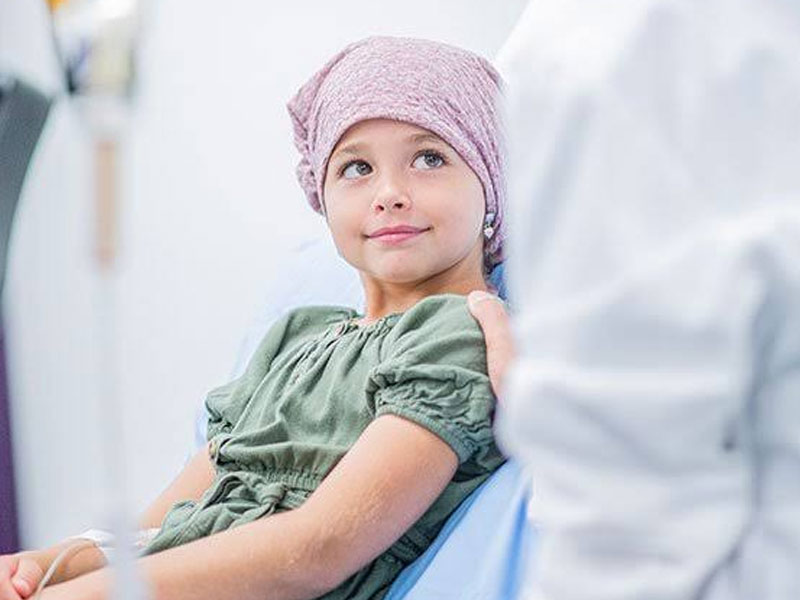
Childhood cancer might be different from adult cancers, even if they start developing in the same part of the body. Cancer is uncommon in children and most of the time there is no known cause behind it. Today is International Childhood Cancer Day and Rajiv Gandhi Cancer Institute & Research Centre (RGCIRC) contributed towards busting myths about childhood cancer prevalent in society regarding this disease. This will spread more awareness and help in early diagnosis, which is key to a sucessful outcome. On the ocassion of International Childhood Cancer Day, Dr. Gauri Kapoor, Medical Director, RGCIRC Niti Bagh & Director Pediatric Hematology Oncology, RGCIRC, Rohini shared some myths and facts about childhood cancer with us.
Table of Content:-
Myths and facts about childhood cancer
According to Dr. Gauri, here are the common myths and facts about childhood cancer:
Myth 1 – Adult and childhood cancers are the same

Fact - Adult and childhood cancers are different. They're different in terms of the type of cancer that occurs, the nature of the disease and the response to treatment and cure rates. For example, in adults, most common cancers are breast cancer, cervical cancer, oral cancer or lung cancer. In children we have Leukemia, Brain and spinal cord tumours, Neuroblastoma, Wilms tumour, Lymphoma and Retinoblastoma. Childhood cancers are fast growing, but they also respond very well to chemotherapy if these are diagnosed in a timely fashion and treated by the right team. They have good cure rates.
Also read: Pediatric Cancer: Types, Symptoms, Diagnosis, Treatment
Myth 2 - Blood cancer in children is not curable
Fact - Blood cancer in children is very different from that in the adults. Acute lymphoblastic leukemia (ALL) is the most common blood cancer in children and with modern treatments, ALL is curable in over 80% of the children. Treatment in specialized pediatric cancer facilities ensures successful outcome.
Myth 3 - Childhood cancer is inherited
Fact - Though cancer is caused due to changes in the DNA, it is not hereditary in more than 90% of childhood cancer cases and hence not transmitted.
Myth 4 – Childhood cancer can be easily spotted
Fact - Symptoms of childhood cancer can mimic other common pediatric illnesses and hence are difficult to ascertain. Symptoms of childhood cancer are prolonged, unexplained fever; unexplained paleness and weakness; easy bruising or bleeding; an unusual lump or swelling or pain in one area of the body; frequent headaches often with vomiting and sudden changes in the eye or vision.

Myth 5 – Childhood cancer is very common
Fact – Childhood cancer is rare and constitutes only 3% of all types of cancers.
Myth 6 - Childhood cancer is contagious
Fact - Cancer is not contagious and cannot spread from one child to another. The mask worn by the childhood cancer patients is for their protection from infections since their immunity is low.
Also read: International Childhood Cancer Day 2020: What This Day Is All About?
Myth 7- Childhood cancer patients can never lead a normal life
Fact - Children with cancer can lead a normal life after the treatment just like their peers. In some cases, they need to undergo monitoring to ensure they remain healthy and cancer free. Usually it is believed that after five years of treatment, the chances of relapse are very much reduced. Late relapses do occur but they're quite rare.
We believe in the concept of a truly "cured child" in pediatric oncology that envisages not only a biological cure of the disease but a child at par with peers in growth and development physically and in achievements and aspirations both mentally and emotionally, said Dr. Kapoor.
Image credits: Freepik
Also watch this video
How we keep this article up to date:
We work with experts and keep a close eye on the latest in health and wellness. Whenever there is a new research or helpful information, we update our articles with accurate and useful advice.
Current Version